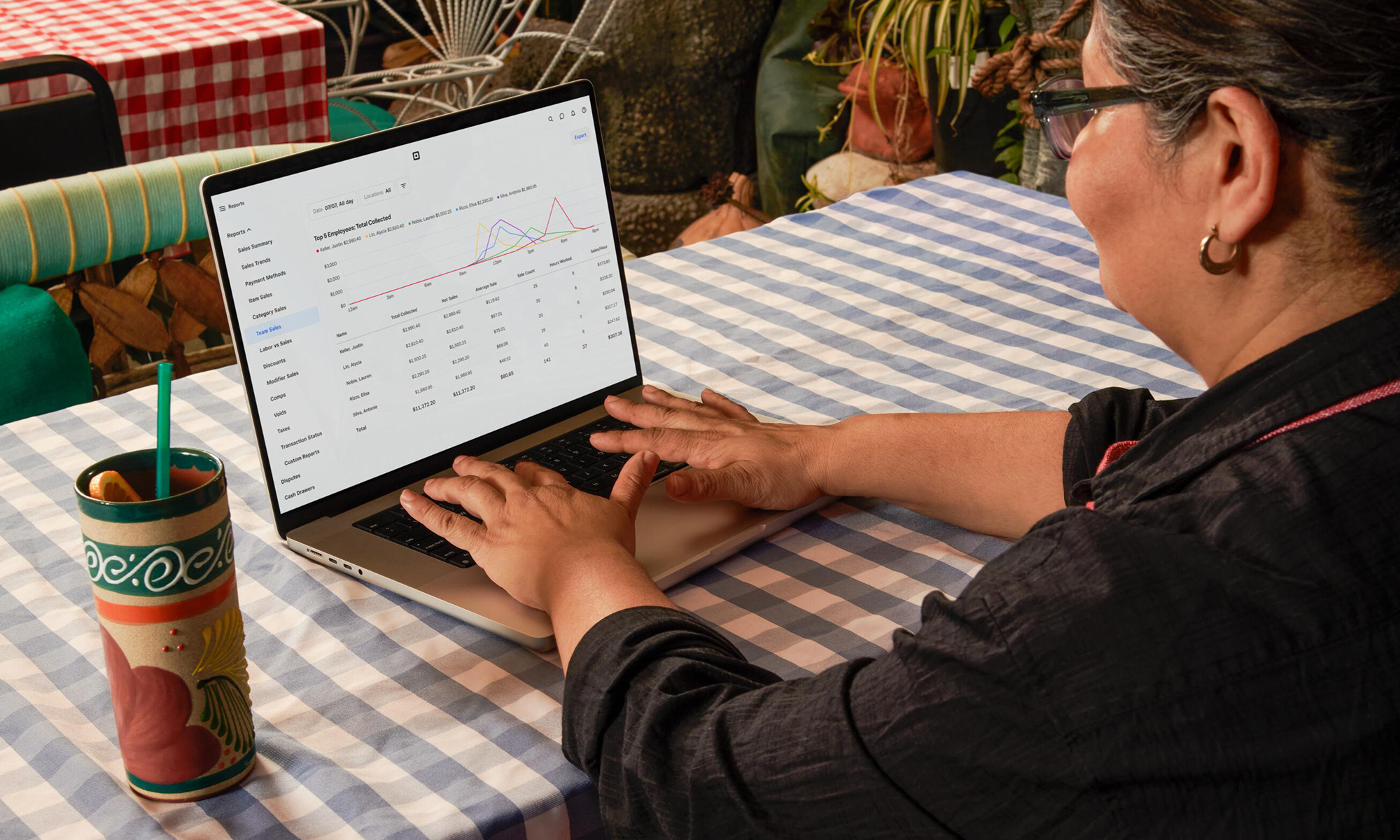Square (SQ 6.03%) applied for a banking license late last year, but it withdrew its application over the summer after the Federal Deposit Insurance Corporation, or FDIC, raised some questions about its application.
Square is back with answers, and it's ready to make its banking dreams come true.
The FDIC wanted to know more about Square's proposed products and services and the infrastructure of the bank. Square says it will offer deposit accounts and loans to small businesses. Additionally, Square has built out its presence in Utah, the proposed home of the bank, and it has named Brandon Soto, a former executive at bank holding company Green Dot, as the proposed CFO of the banking division.
What would a banking license mean for Square and its investors?

Image source: Square.
A simple path to financial services
Square currently offers a suite of financial services to small businesses. Its most noteworthy service is Square Capital, its business lending division. It specializes in offering loans to merchants that couldn't get a loan from a traditional bank. Square says two-thirds of its borrowers said Square Capital was their only option.
Square is able to offer loans to merchants other banks won't touch because it has unique access to the inner workings of its merchants' operations. It sees data on every sale thanks to its merchant services products. It might also have insight into a company's inventory turnover thanks to Square's inventory management software. Basically every product Square makes for merchants can feed data to Square Capital to determine a merchant's credit-worthiness.
But Square still has to go through traditional banks to make the loans. Investors were disappointed in the first quarter of 2016 when Square had trouble finding new investors amid a more challenging credit market. A banking license would remove that barrier and enable Square to go directly to merchants.
Opening the door for less expensive and more integrated service
Square's biggest competitive advantage is that it's built an ecosystem of services for merchants and consumers that enables it to price its services competitively through bundling. Adding its own deposit account for merchants can enable it to offer one of its most popular services for much, much less.
Instant Deposit is one of Square's biggest services. It enables its merchants to see money in their bank account in just minutes instead of having to wait up to three days for an ACH transfer to clear. Square charges 1% of the deposit amount for the service. If a merchant held a deposit account with Square's proposed bank, however, Square would likely be able to reduce that fee, since it can monetize the banking services on the other end of the deposit.
Square may even have its eyes set on consumer banking functionality to expand the capabilities of Cash App. Outgoing CFO Sarah Friar said she thinks Cash App could eventually replicate all the services of a traditional bank. An FDIC-insured deposit account would enable it to offer things like a savings account or mobile check deposits.
Opening the door for competition
Square is leading the way among fintech companies in offering financial services to both merchants and consumers. But it's not the only technology company with its sights set on the banking industry and the people it's ignoring. PayPal CEO Dan Schulman said he also sees an opportunity in serving the underbanked.
If Square's banking license gains approval, it could open the door for competitors like PayPal and other tech companies to get licenses as well. That would make it a lot easier for deep-pocketed companies with broad reach to catch up to Square's financial services a lot faster than if they had to work with traditional banks. That would really put Square's ecosystem advantage to the test.






